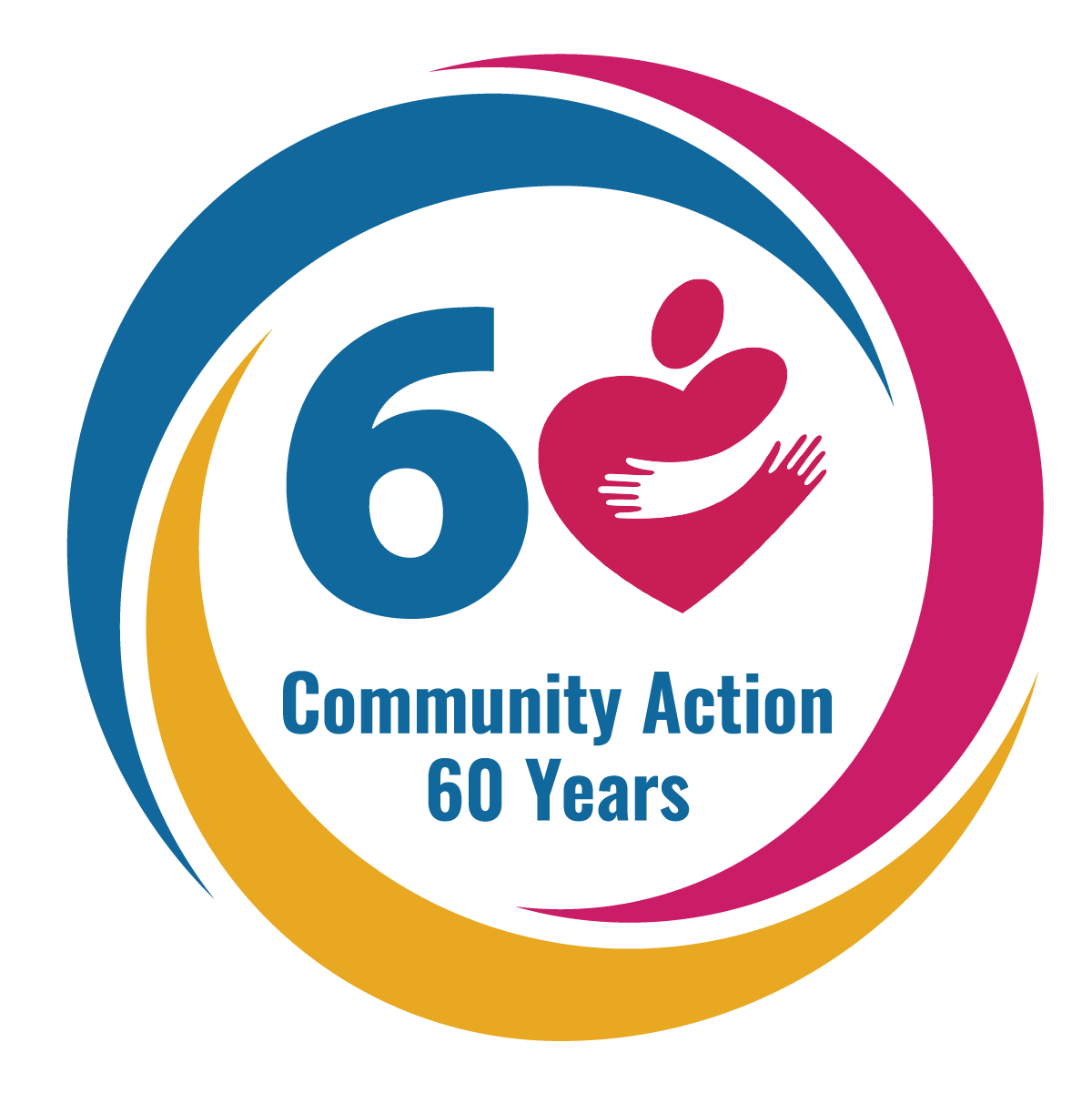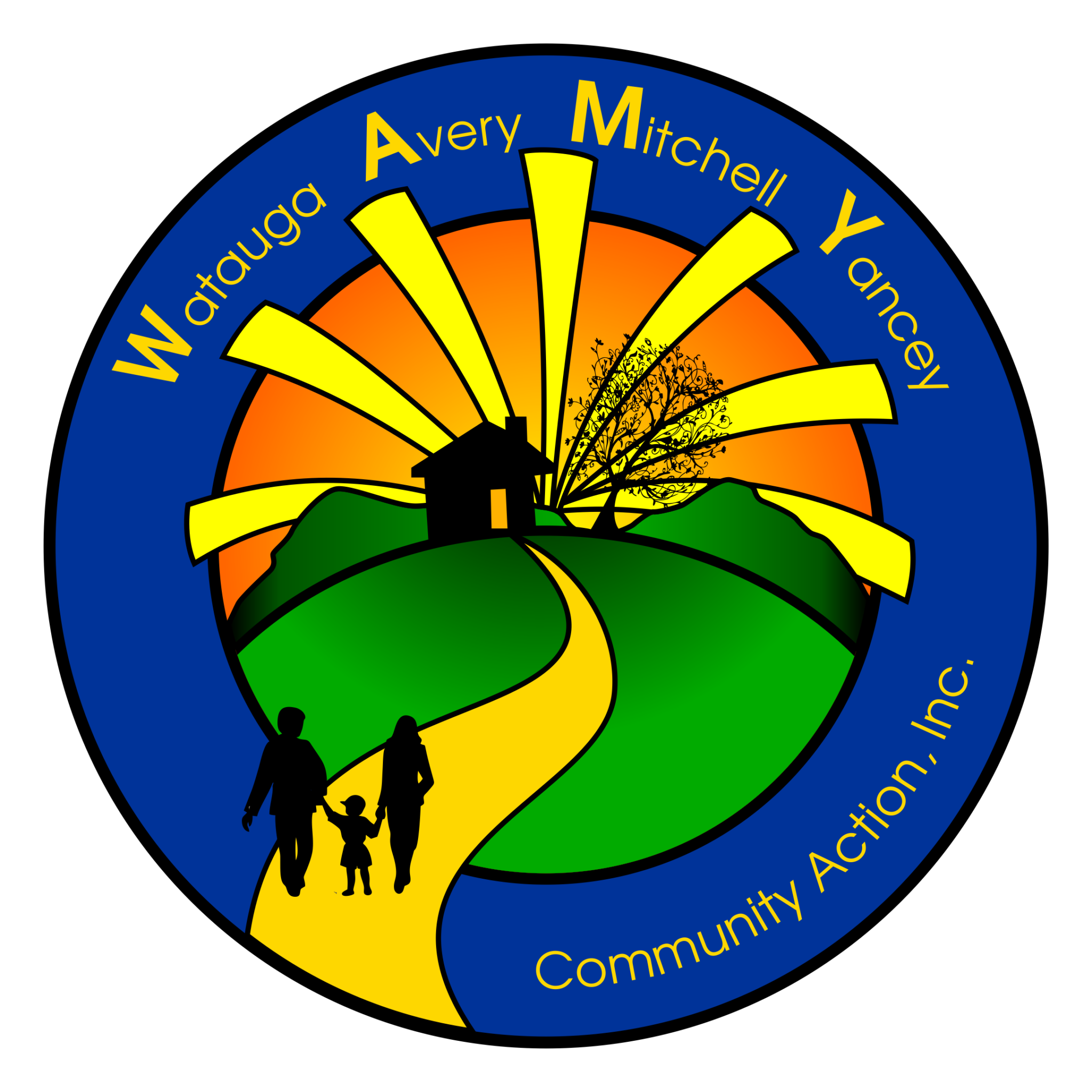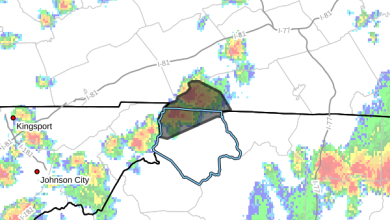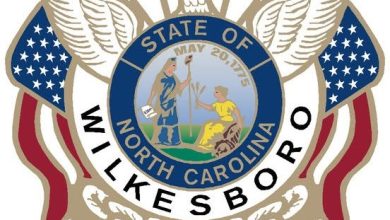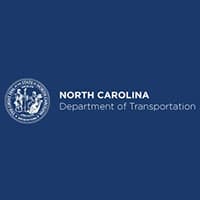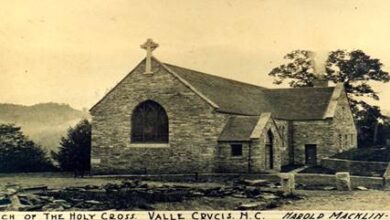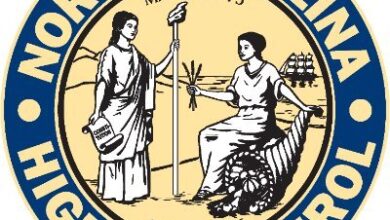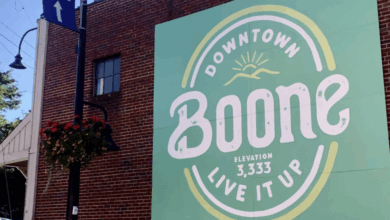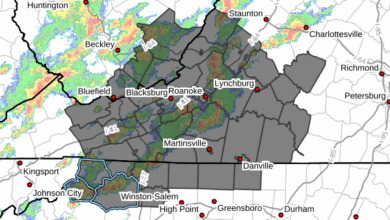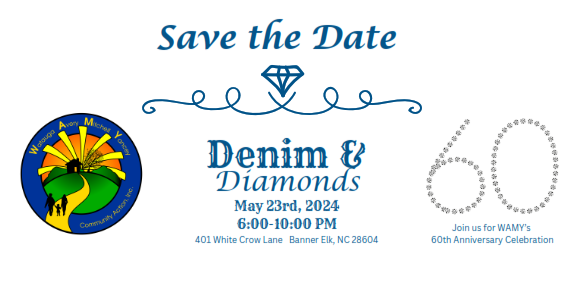
Last Updated on February 12, 2024 1:36 pm
Boone, NC — W.A.M.Y. Community Action is proud to announce its 60th anniversary of combating poverty and fostering self-sufficiency in the High Country. Over the past six decades, W.A.M.Y. Community Action has dedicated its resources and efforts to uplift individuals and families from poverty, making a significant impact on communities in Watauga, Avery, Mitchell, and Yancey counties.
Sixty years ago, in 1964, President Lyndon Johnson signed the Civil Rights Act on July 2and the Economic Opportunity Act on August 20. Other essential pieces of the War on Poverty and civil rights legislation were quick to follow and became intertwined from the federal level down to the grassroots level. Beginning that year and continuing in subsequent years, local coalitions of people used Economic Opportunity Act funding to establish Community Action Agencies (CAAs). The first grants were soon announced and 1,600 new CAAs serving people in urban, suburban, rural, and frontier communities across America had been established, including W.A.M.Y. Community Action.
Since its founding in 1964, W.A.M.Y. Community Action has been instrumental in assisting thousands of individuals and families in our region. The organization has offered a variety of services, including preservation of affordable housing, childcare assistance, education support, and emergency assistance, all aimed at reducing poverty and improving the quality of life for those in need.
“Reaching this milestone is a testament to our commitment to alleviating poverty and the impact we've made in our community,” said Allison Jennings, Director of Development. “We are immensely proud of our achievements over the past 60 years, but we also recognize that there's much work still to be done. As we celebrate this anniversary, we recommit ourselves to our mission and look forward to continuing our efforts in the decades to come.”
To mark this significant occasion, W.A.M.Y. Community Action will be hosting a special charity fundraiser, “Denim & Diamonds”, on May 23, 2024. This event is designed to honor our legacy, highlight our impact, and inspire further action in the fight against poverty. We invite everyone to join us in celebrating this significant milestone and contributing to our ongoing mission.
For more information about W.A.M.Y. Community Action, our 60th anniversary celebrations, and the “Denim & Diamonds” fundraiser, please visit www.wamycommunityaction.org or contact Allison Jennings at 828-264-2421 ext. 107 or allison@wamycommunityaction.org.
About W.A.M.Y. Community Action
Established in 1964, W.A.M.Y. (Watauga, Avery, Mitchell, Yancey) is a Community Action Agency and was the first human-service non-profit to come to the High Country’s four-county area. WAMY’s mission is to partner with families and communities to provide the disadvantaged with the support they need to become self-sufficient. WAMY conducts a community needs assessment every three years and programs are designed according to the needs of the community. Currently, WAMY has four programs- Housing & Energy, Youth Development, Food & Nutrition, and Family Development. Even though WAMY Community Action receives federal and state funding, it still requires donations from individual private donors as these contributions offer greater flexibility to meet growing needs in our communities.
To learn more or donate visit wamycommunityaction.org.
About Community Action Agencies
A Community Action Agency (CAA) is a local organization with the mission of reducing poverty through locally designed and delivered programs and services, targeted to the specific needs of the community. CAAs exist in virtually every county in the U.S., numbering more than 1,000 nationwide. Most are private nonprofits, but some are units of local government. They are state-designated but locally controlled, governed by a tripartite board that represents the low-income community, local elected officials, and private and public community stakeholders.
